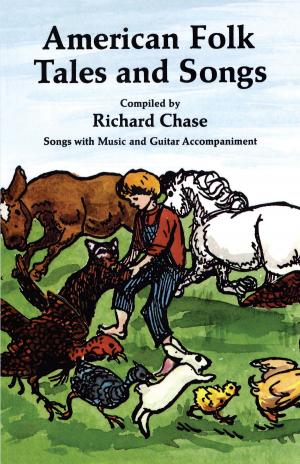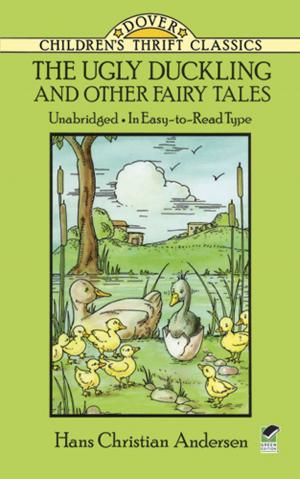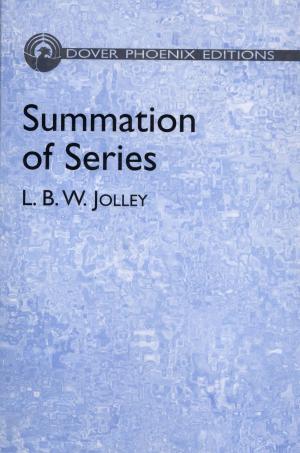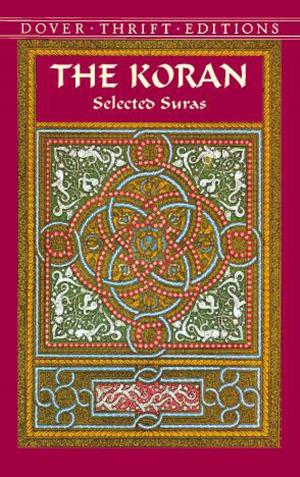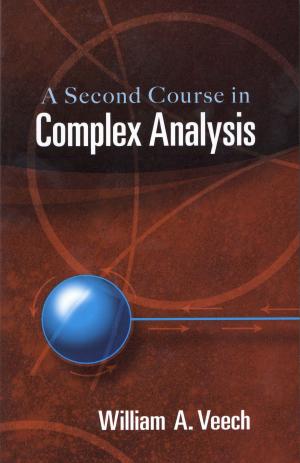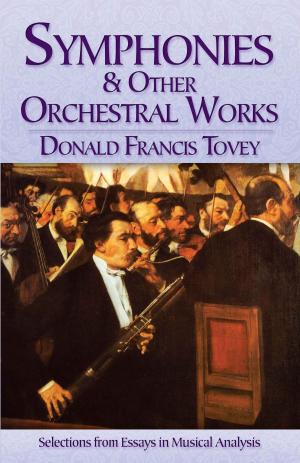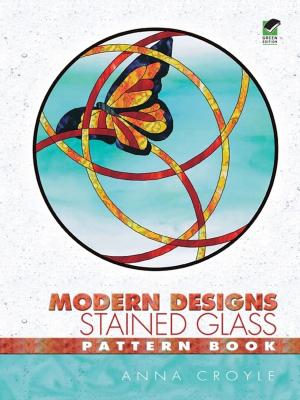| Author: | Maxim Gorky | ISBN: | 9780486159256 |
| Publisher: | Dover Publications | Publication: | March 29, 2016 |
| Imprint: | Dover Publications | Language: | English |
| Author: | Maxim Gorky |
| ISBN: | 9780486159256 |
| Publisher: | Dover Publications |
| Publication: | March 29, 2016 |
| Imprint: | Dover Publications |
| Language: | English |
The first of Russia's great proletarian writers, Alexey Maximovich Peshkov (1868–1936) adopted the pen name of Gorky, meaning "bitter." Drawing on his own experiences in the lowest social echelon, Gorky portrayed the wretched lives of down-and-outers, instilling his tales with heartfelt protest against a world that both tolerated and fostered the miseries of the underclass.
In The Lower Depths, his dramatic masterpiece of 1902, Gorky presents a grimly realistic view of a desperate circle of lost souls. The play unfolds in a derelict boarding house, where a cast of despairing characters argue, play cards, tell stories, and debate the merits of two opposite worldviews: a self-reliant existence free of illusions, or a romanticized outlook that softens the pain of daily life. A revealing look at the atmosphere that led to the 1917 Russian Revolution, the drama abounds in shrewd observations, lifelike characters, and compelling dialog that make it a work of enduring vitality.
In The Lower Depths, his dramatic masterpiece of 1902, Gorky presents a grimly realistic view of a desperate circle of lost souls. The play unfolds in a derelict boarding house, where a cast of despairing characters argue, play cards, tell stories, and debate the merits of two opposite worldviews: a self-reliant existence free of illusions, or a romanticized outlook that softens the pain of daily life. A revealing look at the atmosphere that led to the 1917 Russian Revolution, the drama abounds in shrewd observations, lifelike characters, and compelling dialog that make it a work of enduring vitality.
The first of Russia's great proletarian writers, Alexey Maximovich Peshkov (1868–1936) adopted the pen name of Gorky, meaning "bitter." Drawing on his own experiences in the lowest social echelon, Gorky portrayed the wretched lives of down-and-outers, instilling his tales with heartfelt protest against a world that both tolerated and fostered the miseries of the underclass.
In The Lower Depths, his dramatic masterpiece of 1902, Gorky presents a grimly realistic view of a desperate circle of lost souls. The play unfolds in a derelict boarding house, where a cast of despairing characters argue, play cards, tell stories, and debate the merits of two opposite worldviews: a self-reliant existence free of illusions, or a romanticized outlook that softens the pain of daily life. A revealing look at the atmosphere that led to the 1917 Russian Revolution, the drama abounds in shrewd observations, lifelike characters, and compelling dialog that make it a work of enduring vitality.
In The Lower Depths, his dramatic masterpiece of 1902, Gorky presents a grimly realistic view of a desperate circle of lost souls. The play unfolds in a derelict boarding house, where a cast of despairing characters argue, play cards, tell stories, and debate the merits of two opposite worldviews: a self-reliant existence free of illusions, or a romanticized outlook that softens the pain of daily life. A revealing look at the atmosphere that led to the 1917 Russian Revolution, the drama abounds in shrewd observations, lifelike characters, and compelling dialog that make it a work of enduring vitality.

